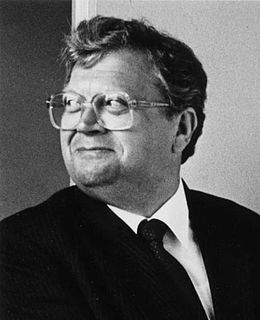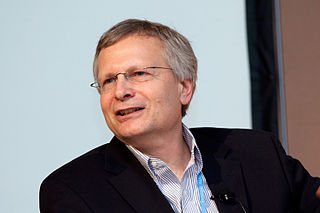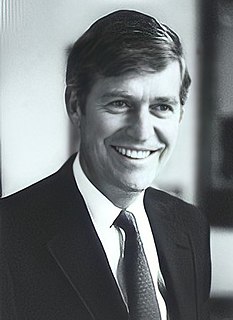A Quote by Rebecca MacKinnon
Defending a free and open global Internet requires a broad-based global movement with the stamina to engage in endless - and often highly technical - national and international policy battles.
Related Quotes
Beginning in the Clinton administration, there was, for nearly two decades, a broad bipartisan consensus that the best Internet policy was light-touch regulation - rules that promoted competition and kept the Internet 'unfettered by federal or state regulation.' Under this policy, a free and open Internet flourished.
Changing the structure and rules of the global economy will require a mass movement based on messages of compassion, justice, and equality, as well as collaborative and democratic processes ... If we stay positive, inclusive, and democratic, we have a truly historic opportunity to build a global movement for social justice.
New Zealand’s nuclear free movement is a broad-based and popular movement. Our nuclear free status is a challenge to much that is accepted as orthodox in international relations. It was formally adopted in the cold war era as a form of resistance to the dismal doctrines of nuclear deterrence. It is still a rebuke to the unprincipled exercise of economic power and military might.
Unlike national markets, which tend to be supported by domestic regulatory and political institutions, global markets are only 'weakly embedded'. There is no global lender of last resort, no global safety net, and of course, no global democracy. In other words, global markets suffer from weak governance, and are therefore prone to instability, inefficiency, and weak popular legitimacy.
Global warming is not a threat. But environmentalism's response to it is....Even if global warming is a fact, the free citizens of an industrial civilization will have no great difficulty in coping with it-that is, of course, if their ability to use energy and to produce is not crippled by the environmental movement and by government controls otherwise inspired.

































